Do You Have To Be Good At Maths To Play Chess?
Chess can be traced back as far as the 6th Century AD, with chess as we know it today appearing at the end of the 12th century. Mathematics is something with an even longer history, dating back 5 millennia. So are the two linked? Do you need to be good at maths to play chess?
The Similarities Between Maths and Chess
The necessity for deep thinking is something that links mathematics and chess. Both need a high degree of planning, patience, high-order thinking, and the ability to learn from the mistakes you make.
But maths and chess are very different. So, are these deep thinking connections sufficient to make anyone who is good at maths, equally good at chess?
Research into Chess & Mathematics
Danish research concerned with cognitive links between maths talent and chess found that chess did correlate to improved maths scores for 6 to 8-year-olds.
What’s more, they discovered that chess helps to develop attention span, visual memory and spatial reasoning. By moving the pieces around the geometric ranks and files on a chessboard, the children needed to be able to perform constant and ongoing calculations.
The ultimate findings of the Danish study were that the cognitive requirements of both maths and chess were similar enough that developing in one would help in the other. But what this study didn’t tell us was whether you have to be good at maths to be able to play chess.
Using Math Skills For Chess
With similar cognitive abilities required to be proficient at both chess and maths, it stands to reason that being good at one will help you with the other. The same principle can be seen with athletes who often have a similar level of skill across a number of different sports.
However, there are also specific mathematical concepts that we can find in the game of chess.
Geometry
The field of geometry has strong links to chess. Something known as the ‘Rule of the Square’ comes from geometry and it helps a player to plan ahead in such a way that a foothold can be gained from which to win the game.
Also highly useful in the game of chess is something known as the ‘rule of Bahr’. This is a concept that concerns itself primarily with the diagonal lines that intersect on a chessboard. The value of this concept lies in the understanding of the consequences of any given chess board setup and the moves that need to be made further down the line.
Computer Programming
Since the very early days of home computers, those who have created them have investigated the possibility of programming them to think as humans do. One notable way in which this was attempted was by designing computers that were able to play humans at games. The most popular way this has been done is by creating chess computers.
By far the most well-known of these computers is ‘Deep Blue’, which was created by IBM in the mid-1990s. This chess computer was put up against the Russian Grand Master, Garry Kasparov on two occasions in 1996 and 1997. The first match was won by Kasparov, however, Deep Blue was victorious in the rematch after having been upgraded.
Essentially, the upgrade made to Deep Blue was an improvement to its mathematic reason algorithm, meaning that it had a firmer grip of chess set piece strategies and how they were positioned throughout the game. Whilst this is a computer-based analogy, it certainly shows that an improvement in maths ability equates to an increased ability on the chessboard.

Do You Have To Be Good At Maths To Play Chess?
We know that maths and chess are linked in both skills and principles, but we still don’t know if you have to be good at maths to play chess.
No, you don't need to be good at math to be good at chess. Chess doesn’t directly involve you adding up or multiplying. But what it does involve is an understanding of geometry and reasoning. So it is true that those who are good at maths tend to be good at chess. But it does not mean that you need to be good at maths to play chess.
Practicing the game of chess and learning a piece’s moves will ultimately have more of an impact on your proficiency. Get more chess tips and advice from experts on our blog.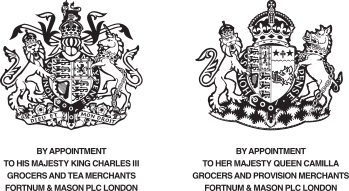


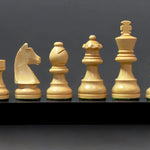
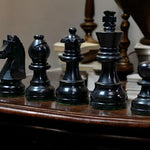
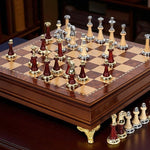
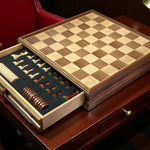
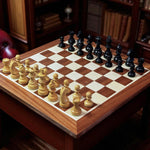


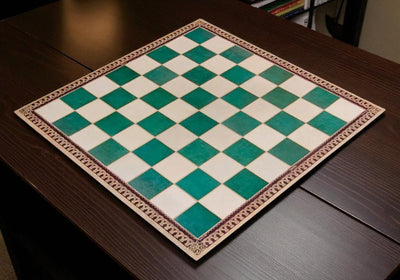
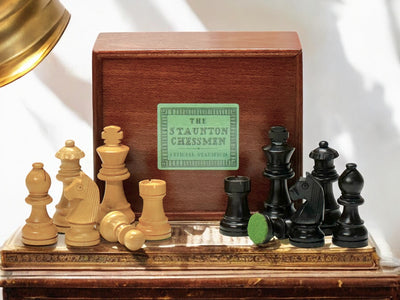
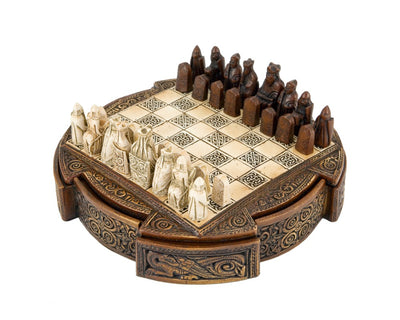
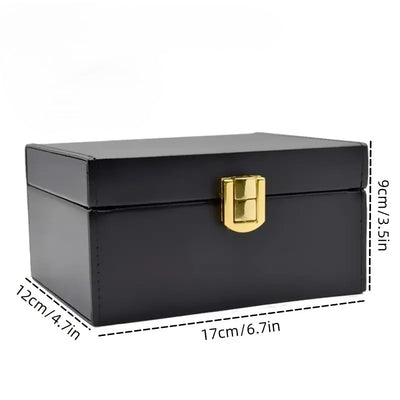
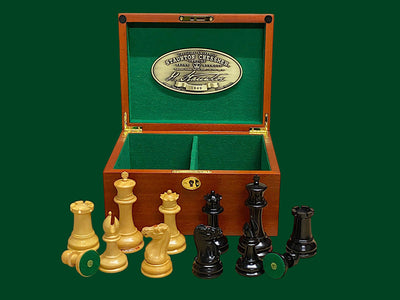

Leave a comment